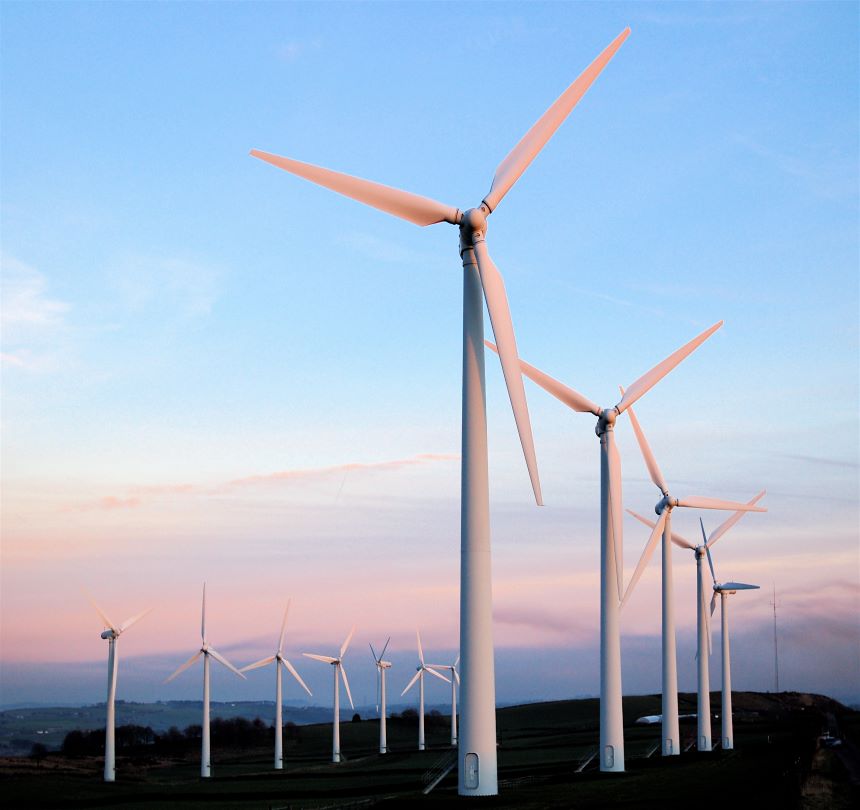 TSBE Supplier Portal
Contact
TSBE Supplier Portal
Contact
About wind
Wind energy is Australia's lowest-cost source of new electricity supply and was one of the country's leading sources of clean energy in 2020, accounting for 36 per cent of renewable generation and 10 per cent of total generation.
Wind energy's contribution to Australia's energy mix has grown 136 per cent since 2014. There are now over 100 wind farms in Australia, and that number is set to grow with many large-scale projects either under construction or financially committed.
The Toowoomba and Surat Basin region is home to 44 large-scale renewable energy projects. Another 30 are under development, including a mix of solar, wind, hydro and bioenergy projects. Renewable energy developments in Queensland have already supported over 3,600 jobs in the construction phase alone; therefore, highlighting the importance of upskilling and training for local supply chains in developing their workforce ahead of time to prepare for this influx.
The Queensland government has incentivised industry to heavily invest in programs and initiatives that will help drive its goal of 50 per cent renewable energy by 2030. Wind will provide a sustainable source of energy into the future and contribute to the government s 2030 goal. Regional communities need to support the transition to renewables to gain the environmental and economic benefits.
Upgraded electrical transmission infrastructure and the abundance of suitable land has positioned Toowoomba and the Surat Basin as prime locations for wind energy production. They are therefore expected to support a strong pipeline of renewable projects in the near future, which will result in plenty of opportunities for the local supply chain.
Energy transition in our region
The Wambo Wind Farm is a proposed wind energy development located near Jandowae in the Western Downs region of Queensland.
Planning approval has already been granted for two stages, each of which will create up to 200 jobs in the construction phase and maintain a workforce of up to 20 during the operation and maintenance phase. Once fully operational, the Wambo Wind Farm will see up to 110 turbines generating a combined total of approximately 500MW of renewable energy. This will help to power 170,500 houses annually, while reducing carbon dioxide emissions by more than 1.1 million tonnes each year. Construction is expected to start in 2022.
The transition to renewable energy has clearly started. It will therefore be vital for the supply chain to diversify its offering to support renewable energy projects, in particular wind generation. To understand the required skillsets and technologies for constructing and operating wind projects, as well as identify upskilling and training opportunities, existing local industry capability needs to be understood.
How can businesses get involved?
Businesses will need to create a business profile and answer the wind questionnaire on supplying products and services. The capability recorded will be shared with major project buyers as a regional directory, helping entities to understand the supply and demand capability in the region and connect packages of work with suitably skilled businesses. Completing the questionnaire will increase opportunities for the supply chain and highlight capability development opportunities.
This questionnaire has now closed. Please email [email protected] if you have any questions.
TSBE would like to acknowledge local supporters

TSBE would like to thank Construction Skills Queensland (CSQ) for all their help and support with major rail projects


























